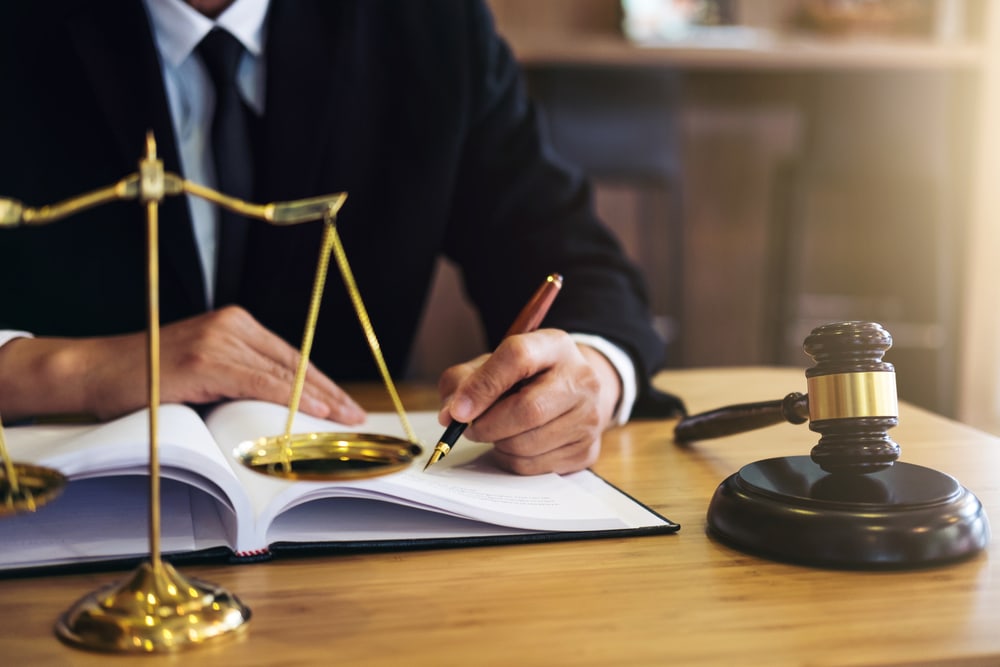Four takeaways from Sessions’ Senate Intelligence Committee hearing
Attorney General Jeff Sessions competently defended himself before the Senate Intelligence Committee yesterday, as he answered a range of questions about the Trump campaign and his actions during the opening months of the administration. At the same time, he left questions about the president’s motives and decisionmaking process for Trump to answer.
Senate Democrats were clearly frustrated by Sessions’ refusal to answer questions related to his private exchanges with Trump, but they didn’t seem prepared for Sessions categorically to deny allegations leveled against him by members of the press.
Sessions’ testimony provided four key takeaways:
- Sessions poured cold water on the notion that he somehow collaborated with Russian officials. He slammed claims that he had colluded with Russian officials during the 2016 election as an “appalling and detestable lie.” He was forthcoming about his earlier testimony, subsequent clarification and perspectives on Russia’s election interference. Either Sessions just put himself in terrible legal jeopardy, or he’s not some kind of Russian plant. I’m betting on the latter.
For Democrats to continue to allege that Sessions colluded with Russians, they’re going to need some hard evidence if they want it to be taken as anything more than retreaded political sniping.
- Little in Sessions’ testimony undermined former FBI Director James Comey’s testimony regarding a closed-door meeting between Comey and Trump. That’s significant in that it corroborates that the conversation took place and that Comey felt it was improper. Sessions noted that he agreed with Comey “that the FBI and the Department of Justice needed to be careful to follow department policies regarding appropriate contacts with the White House.” He followed by noting it would be “problematic for any Department of Justice employee … to talk to any cabinet persons or White House officials about ongoing investigations that are not properly cleared through the top levels of the Department of Justice.”
Trump’s engagement with Comey is still a live issue, and Sessions’ validating candor on that specific meeting went a long way in solidifying his own credibility.
- Sen. Mark Warner, D-Va., boxed Sessions in about Comey’s termination. Warner asked Sessions whether he had raised performance concerns with Comey before his termination. “I did not,” replied Sessions. When asked whether Sessions thought it appropriate to raise those concerns before Trump fired Comey, Sessions simply reiterated, “I did not do so.”
Sessions further noted that Trump asked for the May 9 memorandum evaluating Comey. According to Sessions, Deputy Attorney General Rod Rosenstein drafted it, and that Sessions concurred with its substance. Sessions would not discuss any conversations with Trump about the timing for firing Comey or any reasons for the termination beyond the contents of the memorandum.
Obviously, it’s far more problematic for Trump if he fired Comey in response to any Russia investigation rather than for the reasons outlined in the memorandum. Sessions’ testimony didn’t shed any light on that topic.
But here’s the biggest one:
- While Sessions’ testimony didn’t change many minds regarding any possible Trump collusion with the Russian government to influence the election, there was bipartisan agreement that Russia poses a growing intelligence threat to the United States. Several senators and the attorney general shared the common perspective that Russia interfered with the 2016 election and has stepped up its espionage efforts within the United States. Warner noted that the Russians are doing so “not to favor one party or another but their own interest.” Sessions testified that he’s “more concerned about computer hacking” as attorney general than he ever was in the Senate. He bluntly stated that the United States does not have a sufficient strategy to deal with cyber terrorism.
Both matters need to be taken seriously, and our policymakers need to do a lot better than the constant drumbeat of telling us that we’re not doing enough to protect our tech-based economic and national security interests.
Sessions probably didn’t sway many of his critics, but he defended himself and his actions as attorney general quite effectively. Now we may see if the White House will give Sessions permission to speak about his private conversations with Trump. To be sure, this won’t be the last we hear from Sessions or about Russia’s involvement in the 2016 election.








